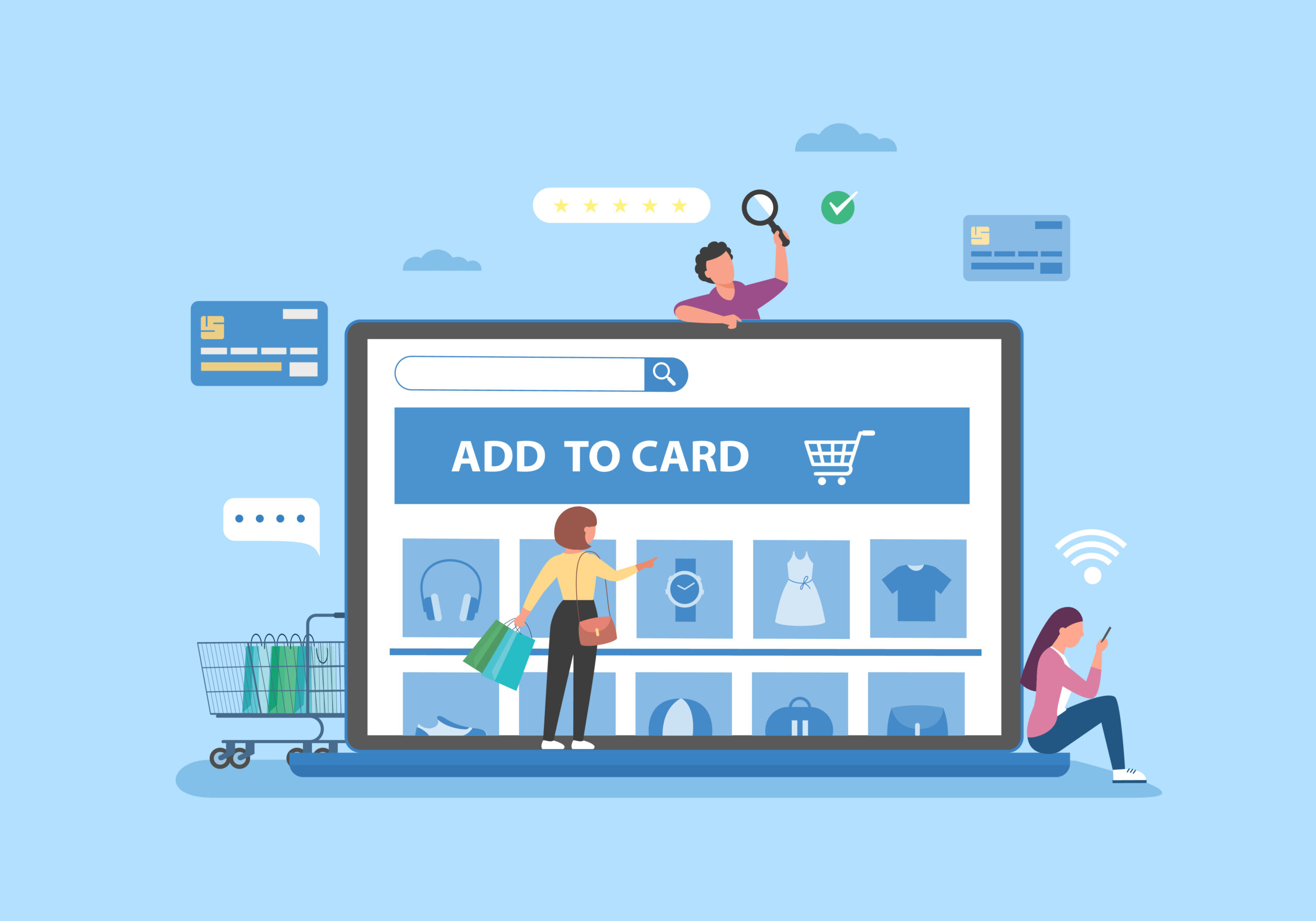Shopping in India has altered as a result of e-commerce. You may get anything delivered to your door in less than a day, including groceries, clothing, personal care items, and high-end technology! In India, 108 million people made online purchases last year; this year, that number is anticipated to rise to 120 million. This increases the necessity of knowing how to do safer online shopping.
Online shopping may be quick and easy, but it also puts you at risk for financial fraud and identity theft. Here are nine considerations to make for a safer online shopping experience.
Tips for Safer Online Shopping
Here are some of the things that will guide you to have a safer online shopping experience.
Don’t recycle passwords and pin numbers
The main safeguard is to make sure that you don’t use the same passwords on different sites. Maintain difficult passwords that have nothing to do with your personal information. Change your pin number every three months if you often purchase online using your debit or credit cards. For digital wallets, the same procedure should be used. There are management solutions that might make things easier for you if you have trouble remembering all of your pin numbers and passwords.
Opt for different user IDs
Again, storing different user details may be a headache to remember, but doing so lowers the likelihood of data theft and spamming. To generate a special user ID, try adding the name of the portal to your own. For instance, name+site@e-mail.com You can find out where the data theft occurred in the event that you do receive spam.
Stick with familiar names
Large organizations provide greater security systems, while they are not infallible, and often only work with vendors whose credentials have been validated.
Avoid clicking on email hyperlinks
Phishing is the practice of con artists luring victims with incredible offers in your inbox. You might be redirected by the links to fictitious websites that look and feel like popular shopping portals.
Verify the source’s credibility
Any online retailer who is serious about their business would have a secure server with a highly protected web presence. To determine whether a site is secure for making purchases, look for the secure icon in the address bar, just before the URL. Even when getting an app from a vendor, make sure the app is verified by the App Store or Google Play Store.
Use a secure payment method
Avoid paying by cash on delivery, wire transfer, or direct bank transfer, as these methods do not offer any protection or recourse in case of fraud or dispute. Instead, use a credit card, debit card, or a trusted online payment platform, such as Paytm, Google Pay, or PhonePe. These methods offer more security and convenience, as well as the possibility of chargeback or refund if something goes wrong.
Install antivirus software
You need malware protection for your smartphone in addition to your laptop or computer. As shopping on mobile devices becomes more popular, the chances of getting conned are high. Your SIM, account, credit card, or debit card credentials can now even be copied by cheats!
Be cautious on social media
Small businesses and independent contractors now have more ways to advertise and bring in customers thanks to social media platforms like Facebook, Instagram, and WhatsApp. Although the majority are trustworthy businesses, it is relatively simple for con artists to set up false accounts and use deceptive images and videos to trick you with the promise of high-quality products.
Review bank statements regularly
It is possible to fall victim to fraud without realizing it. By regularly reviewing your bank statements, you increase the likelihood that any fraudulent transactions will be discovered and corrected by your bank. Check your activity notifications on it if you frequently use your cards for shopping.
Key Takeaways
Online shopping can be convenient, but also risky. To have a safer online shopping experience and protect yourself from fraud, identity theft, or scams, you should follow some basic safety tips. For example, you should pay with a secure payment method, and check the seller’s reputation and reviews before buying. You should also avoid clicking on links or attachments in unsolicited emails or messages, and always keep your antivirus software updated.



